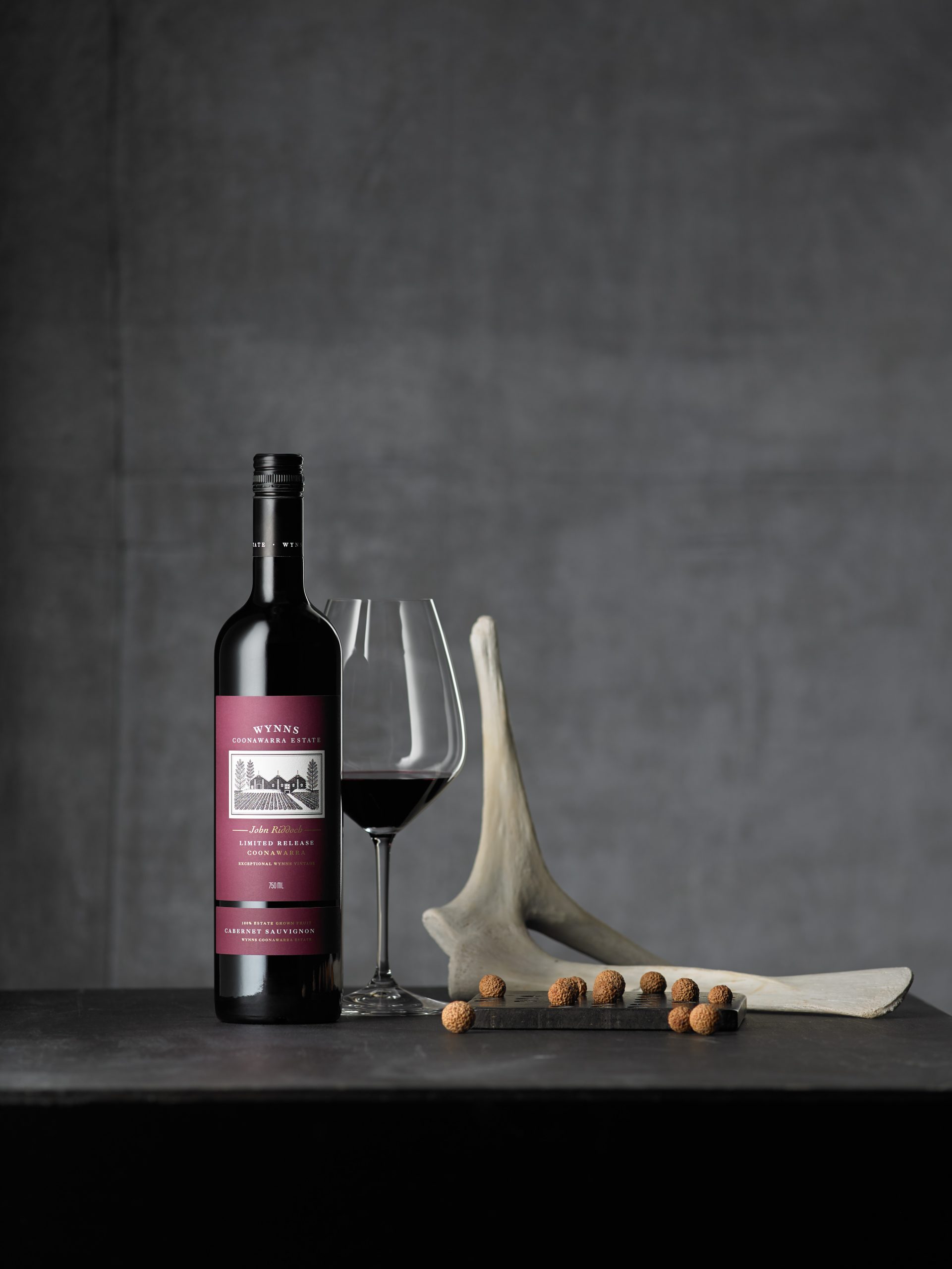Nicola Sturgeon resignation throws Scottish drinks industry into ‘massive uncertainty’
Nicola Sturgeon, Scotland’s longest serving First Minister, has announced her resignation, leaving the nation’s drinks industry uncertain about the future of both the deposit return scheme and rules on alcohol advertising.

Speaking to the drinks business today, Blair Bowman, an Edinburgh-based whisky consultant and broker, said: “This resignation is going to add extra uncertainty for businesses at a time when all they need is a little period of stability.”
Bowman has been lobbying the Scottish government about the introduction of a deposit return scheme, which is set to take effect in August 2023, to the dismay of many businesses.
The DRS will require consumers to pay an extra 20p when buying drinks in cans and bottles, which will be refunded when the empty containers are returned for recycling.
“There has been so much uncertainty, given Covid and Brexit and costs of energy and cost of living and employment issues. And this was the frustration with the deposit return scheme,” Bowman said.
Scotland’s hospitality industry is responsible for delivering £9 billion to the economy, employing 200,000 people and attracting millions more in tourism.
“We really need to support these businesses that are vital jobs often in rural communities, especially in Scotland,” Bowman added.
Leon Thompson, UKHospitality Scotland’s executive director, is already looking toward the new First Minister in considering how the industry will be affected by the resignation. He told db: “It’s essential the new First Minister recognises the importance of our crucial sector and commits to working together with hospitality to create an environment that is fit-for-purpose, practical and works for businesses. With the right approach, we can tackle the pressures the sector is under, while at the same time unleashing the potential of hospitality in creating growth and jobs.”
Partner Content
Bowman told db: “These are two things that businesses, especially drinks businesses and hospitality businesses, don’t need right now. What they need as much support as they can get.”
Not all voices in the Scottish drinks sector have been quite so scathing. Mark Kent, chief executive of the Scotch Whisky Association, thanked Sturgeon for her “long-standing public service”. He said: “Nicola Sturgeon has been at the frontline of public life in Scotland over the past 25 years and is Scotland’s longest serving First Minister.
“She will leave office with the best wishes of the SWA and we look forward to continuing to work with the incoming First Minister and government on the important issues for Scotland and our industry.”
But with the deadline for the consultation on alcohol advertising fast approaching, and the DRS due to come into legislation in six months time, pressures are mounting among businesses.
Bowman said: “The whole thing really needs to be rethought in terms of the DRS. But Nicola Sturgeon’s resignation has really just thrown all of this up in the air.
“I’m worried that they [the DRS and alcohol advertising consultation] will be forgotten about and will be allowed to plough on regardless of the damage that it’s already causing because there’ll be all this media spin and media focus on who the new leader is going to be.
“Actually it doesn’t really matter who the new person is, because this DRS is still coming down the track at 100 miles an hour, and is going to be an absolute mess. Same with the alcohol consultation, the deadline will still be 9 March. There’s a worry that if there’s not enough pushback on that, at this stage, it will just be pushed into legislation, and be crippling for businesses up here.”
Related news




